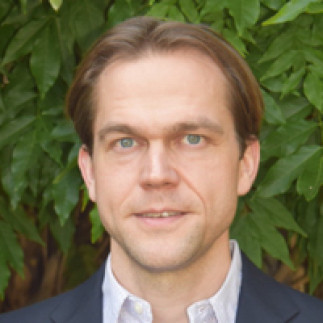Titre : Materials Science and Synthetic Chemistry for CO2 Utilization
Endroit : Pavillon J.-Armand Bombardier, salle 1035 à 11 h
Hôte : André Charette
Cette conférence sera prononcée (en anglais) par le Professeur Matthew Kanan de Stanford University.
Résumé: Despite decades of research, the utilization of CO2 for commodity chemical and fuel synthesis still faces substantial technological and economic hurdles. To change this paradigm, it is imperative to develop scalable processes to high-volume targets in which the use of CO2 affords a clear chemical advantage over conventional routes starting from fossil fuels. This talk will describe our recent fundamental and applied research toward converting CO2 into oxygenated organic commodities. I will first describe our development of “defect-rich” metallic catalysts for electrochemical CO2 and CO reduction. We have pioneered the use of bulk defects known as grain boundaries to create active surfaces for these reactions and recently unveiled the structural origin of grain boundary–activity relationships. In the second part of my talk, I will describe our development of carbonate-promoted C–H carboxylation reactions to generate (di)-carboxylic acids. We have found systems in which carbonate deprotonates ordinarily non-acidic C–H bonds (pKa>35 in organic solvent), generating carbon-centered nucleophiles that react with CO2 to form C–C bonds. As one application, this chemistry can be used to convert furoic acid, a compound derived from inedible biomass, into furan-2,5-dicarboxylic acid (FDCA), a monomer used for polyester plastic synthesis. The same strategy can be extended to H2, enabling CO2 hydrogenation reactions that produce C2+ oxygenates. This process effectively upgrades the value of H2 and thereby increases the viability of solar water-splitting technologies.

